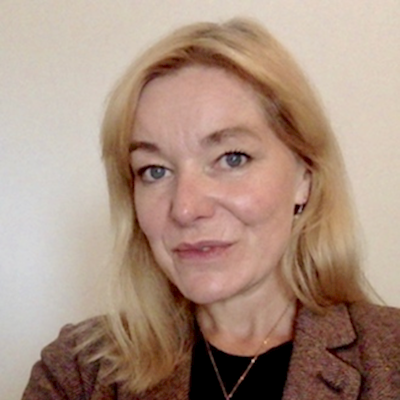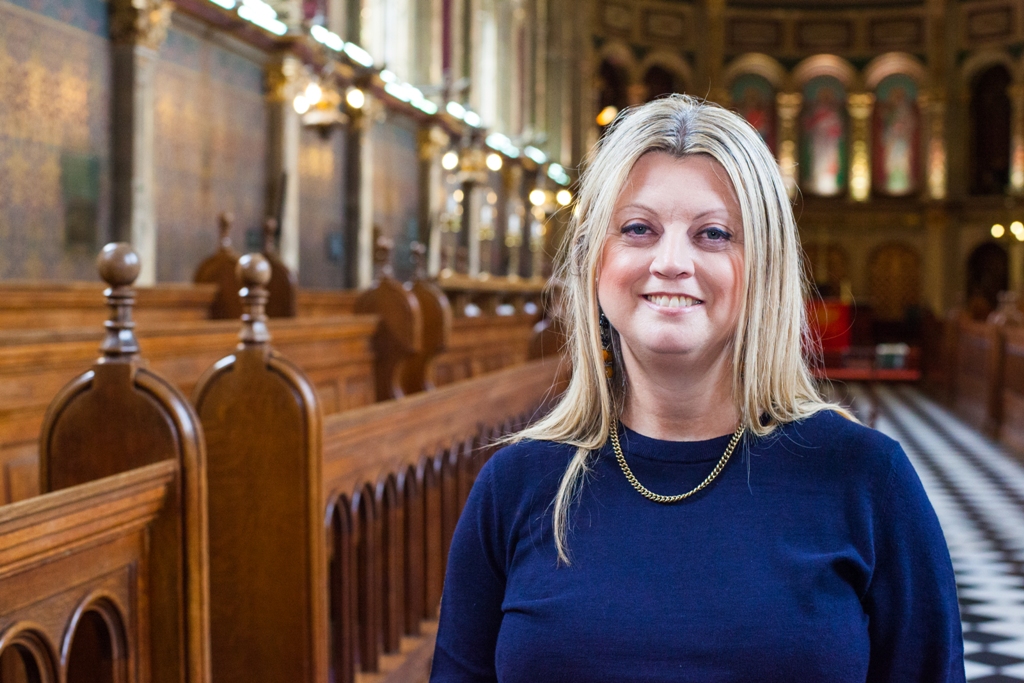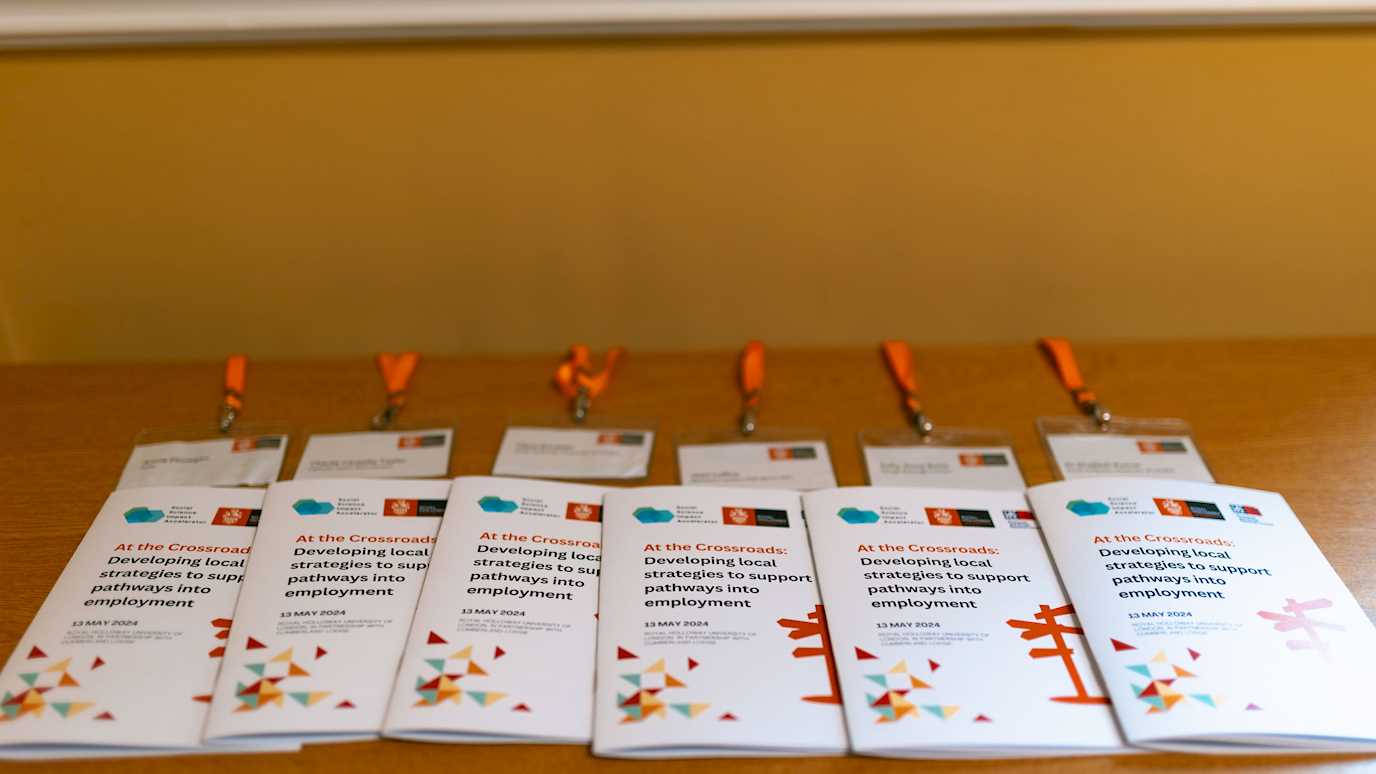Dr Jenny Korkodeilou interviews Professor Sandra Walklate, President of the British Society of Criminology and trailblazer in the field of victimological studies. In their discussion, Jenny and Sandra explore taking leaps of faith with career decisions, approaches to writing, the importance of having good colleagues and the evolution of victimology.

Dr. Jenny Korkodeilou had the pleasure to carry out an on-line interview with Professor Sandra Walklate as part of an initiative of the British Society of Criminology (BSC), Women, Crime and Criminal Justice Network (‘Connecting Criminologists’) to connect criminologists at different stages in their professional journey. The full interview is available here.
The choice of Professor Sandra Walklate was not random. Both academics shared some key common elements. First, they are both familiar with Liverpool landscape: Dr. Jenny Korkodeilou did her first Masters in Addictive Behaviours at the University of Liverpool and enjoyed doing her postgraduate research in vibrant city of Liverpool (not the least because of the Beatles, Liverpool FC!). Professor Sandra Walklate is the Eleanor Rathbone Chair of Sociology at the University of Liverpool and has worked at the Liverpool Polytechnic for many years. Both Dr. Jenny Korkodeilou and Professor Sandra Walklate have worked at Salford University. Dr. Jenny Korkodeilou’s research areas and expertise lie in violence against women, harms, victimisation and criminal justice system responses and she has been inspired by Professor Sandra Walklate critical criminological committed gaze and focus on gender-based violence, perceptions and responses (both in the North and South hemisphere) for many years.
In addition to this, Dr. Jenny Korkodeilou has reviewed a range of books Professor Sandra Walklate has written regarding victims, homicide, gender and harms (International Review of Victimology, British Journal of Criminology, Criminology and Criminal Justice). She has previously convened, read and taught a series of courses in different UK HE instititutions where she has consistently used Prof. Sandra Walklate’s influential research work on victims, gender-based abuse and violence against women. With this interview Dr. Jenny Korkodeilou wanted to find out more about Professor Sandra Walklate’s and explore different themes such as decisive points in her career, the meaning of being a victimologist/criminologist, the barriers and challenges she dealt with as a woman whilst navigating a quite male-dominated academic field but also the triumphs and rewards of ‘opening up’ and exploring a new pathway of research and scholarship (victimology is relatively new subdiscipline). She was also interested in gaining more of an insight into Sandra Walklate’s outside academia activities, life and secrets to keep on going.
The conversation touched on many different issues and Professor Sandra Walklate provided intriguing and accessible insights and observations in relation to the future of criminology as a discipline, the issues that an early stage academic/researcher may come across and ways to overcome them. She also reflected on also what justice means for victims based on her so far research work and understandings. Professor Sandra Walklate confers a pragmatic but yet tender and insightful perspective on victims, their experiences and as she says the importance of truly ‘listening to them’.
This interview provides an unprecedented opportunity to learn from key criminology scholars and true experts in their fields about a range of pertinent to academia and beyond matters. Most importantly it is a very good starting point for criminologists from different backgrounds, histories, ethnicities, classes, localities, cultures to unite, exchange ideas, laugh, and ignite or keep igniting criminological imagination. This is after all, as Prof. Sandra Walklate says in the interview, the goal of criminology, to remain ‘a meeting place of all disciplines’. In other words, to remain inclusive and imaginative.
























